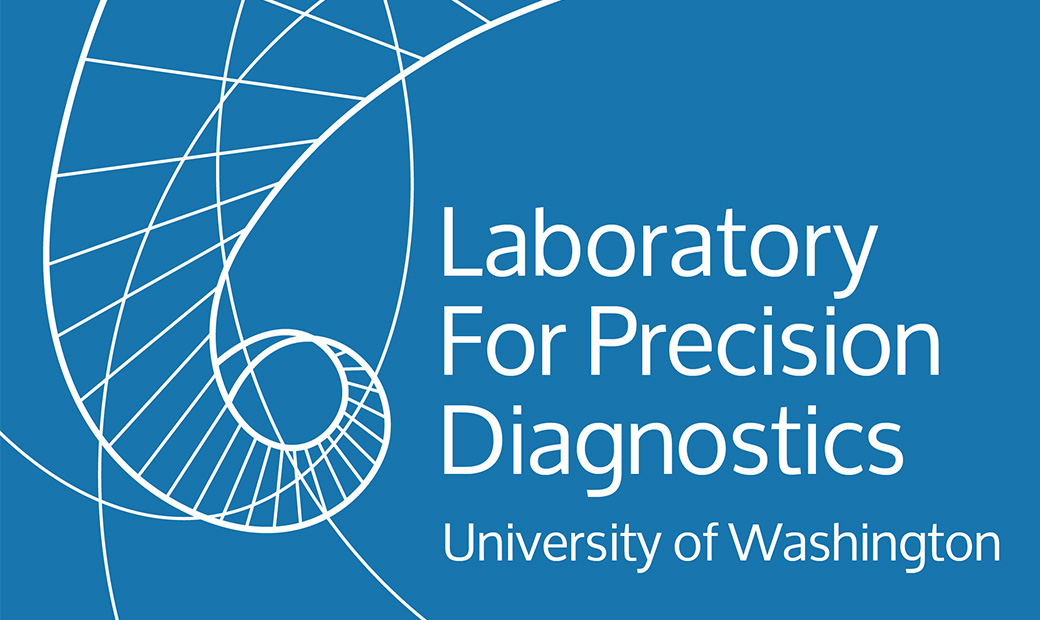Genes
COL4A1, COL4A2
Test Guide
COL4A1 and COL4A2 encode the proα1(IV) and proα2(IV) chains, respectively, that form heterotrimers (2 proα1(IV) chains and a single proα2(IV) chain) in the type IV collagen that forms the vascular basement membranes outside the kidney and between tissues of different origins (e.g., epidermis and dermis in skin). Pathogenic variants in COL4A1 and COL4A2, have been associated with intracerebral hemorrhage in neonates and children, intracerebral hemorrhage and cerebral small vessel disease in adulthood, intracranial aneurysms, retinal arteriolar tortuosity, aneurysms and muscle cramp (HANAC) syndrome, infantile hemiparesis, and porencephaly.
Methodology
Next Generation Sequencing: Next generation DNA sequencing is performed to identify nucleotide variants in the coding portion of the genome. All nucleotides in the coding exons and their flanking splice junctions are sequenced to a read coverage of greater than 20X. The sequence data are assembled and compared to the published genomic reference sequence. Sanger sequencing is performed if necessary to ensure complete nucleotide coverage of the target sequence and to confirm all reported variants. Human Genome Variation Society (HGVS) recommendations are followed for variant nomenclature and ACMGG/AMP variant interpretation guidelines are followed to assess variant pathogenicity, unless otherwise indicated. The following online databases and in silico analysis tools are routinely used for variant investigation: ClinVar, NHLBI Exome Sequencing Project, 1000 Genomes, dbSNP, Exome Aggregation Consortium (ExAC), available loci specific variant databases, PolyPhen-2, SIFT, Provean, Mutation Taster and Human Splicing Finder.
Specimen Requirements
BLOOD IS PREFERRED.
BLOOD: 2 EDTA (purple top) tubes
Adults: 5-10cc
Children: 3-5cc
Infants: 2-3cc
Whole blood may be stored up to 5-7 days in the refrigerator before shipping.
DNA:
5 µg DNA at a minimum concentration of ≥200 ng/µl preferred
Single site (known familial mutation or variant): 1 µg DNA
DNA must be extracted in a CAP/CLIA or other suitably certified laboratory.
SALIVA:
Oragene Saliva samples are accepted
Special Instructions
Blood samples (or DNA) should be well labeled with patient’s full name and an identifying number.
Ship sample at room temperature with overnight delivery.
Clinical information outlining the indication for the requested tests and pertinent medical history and family history is a necessary component of testing. Please include a clinic note when available.
CPT Code & Cost
81408 x 1, 81479 x 1$1600
